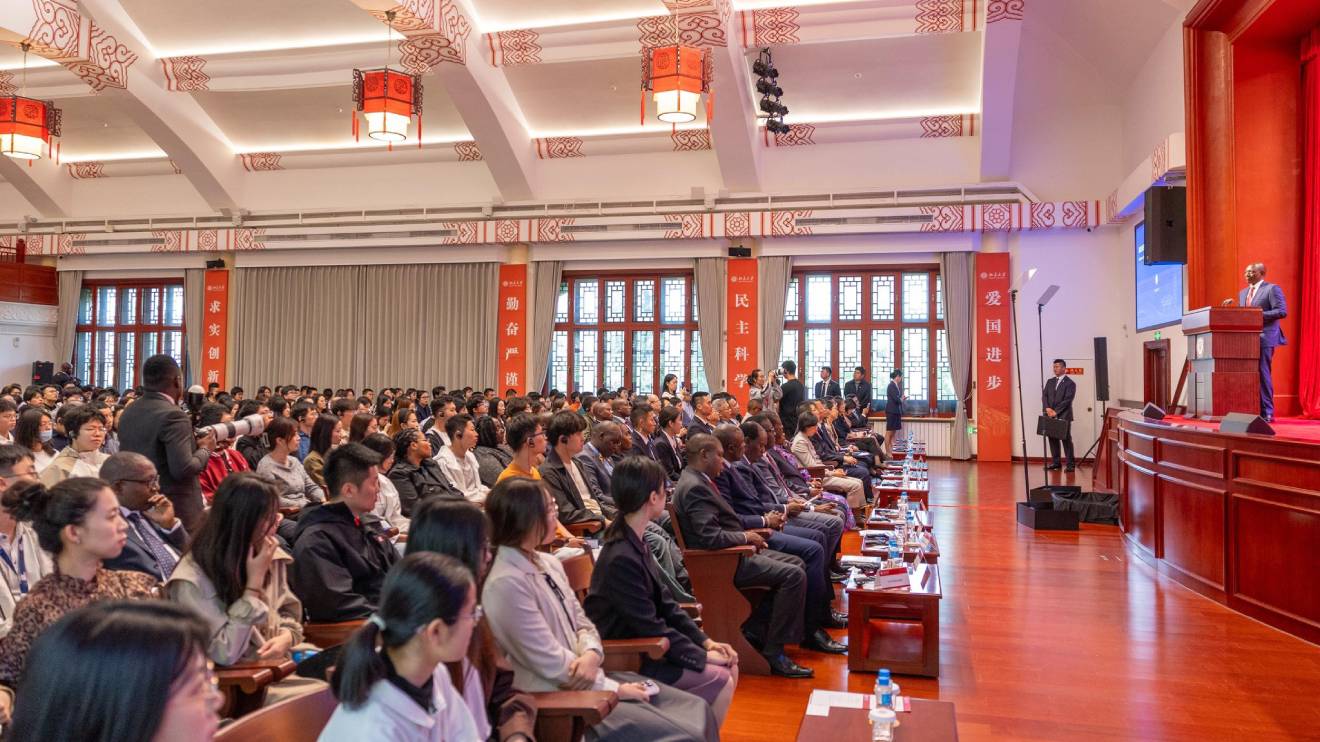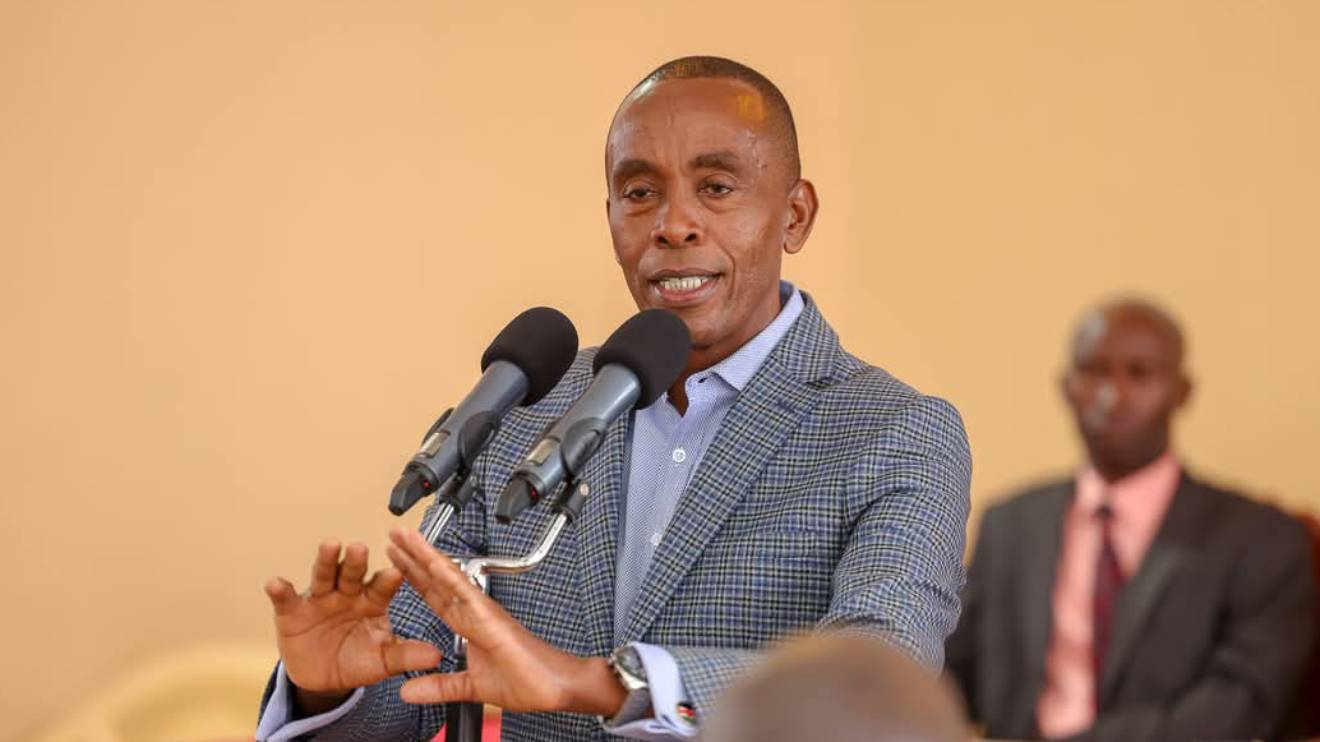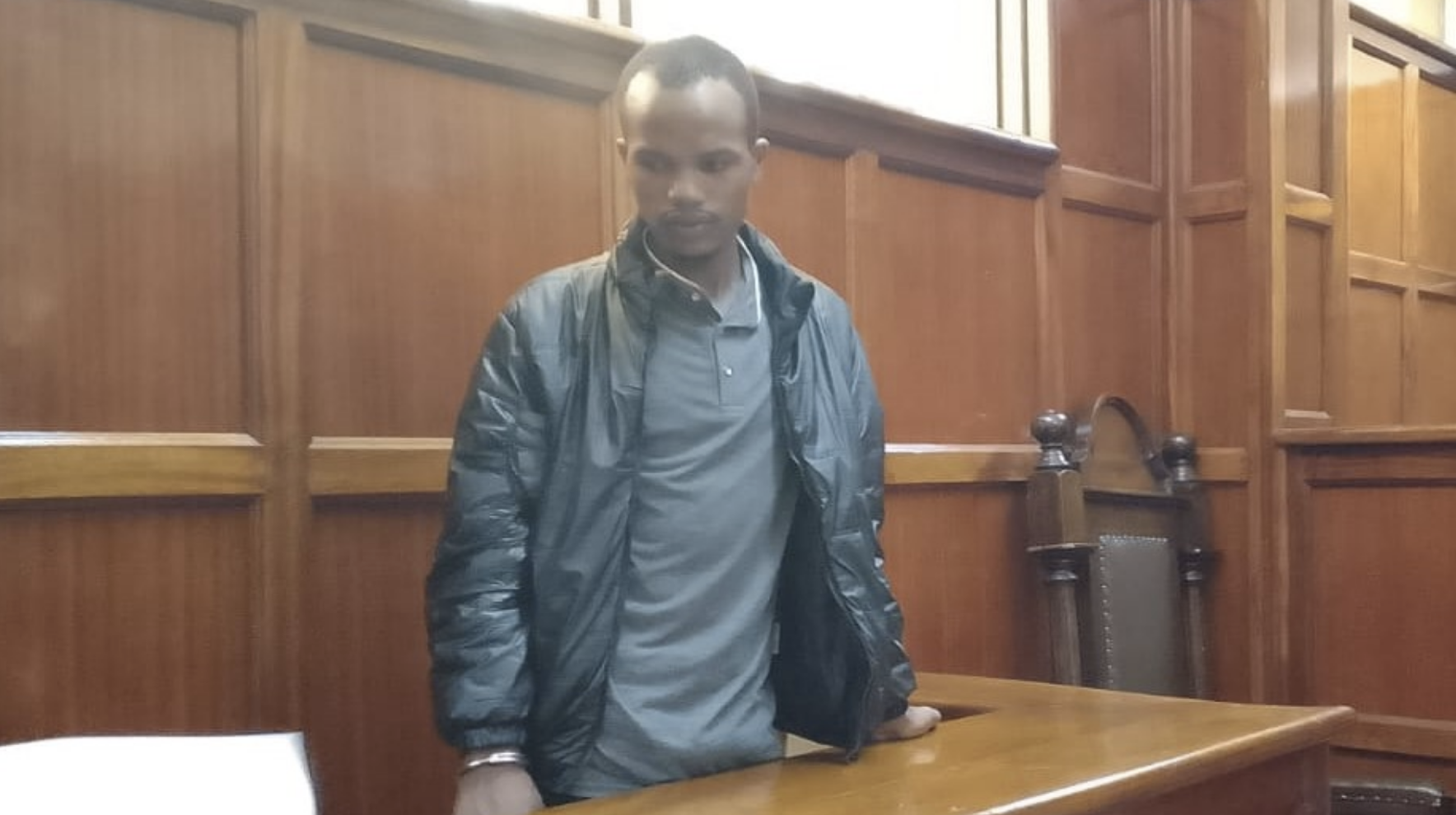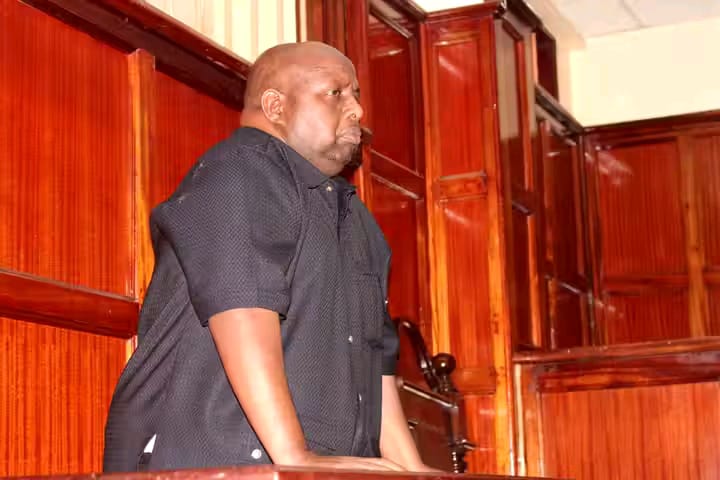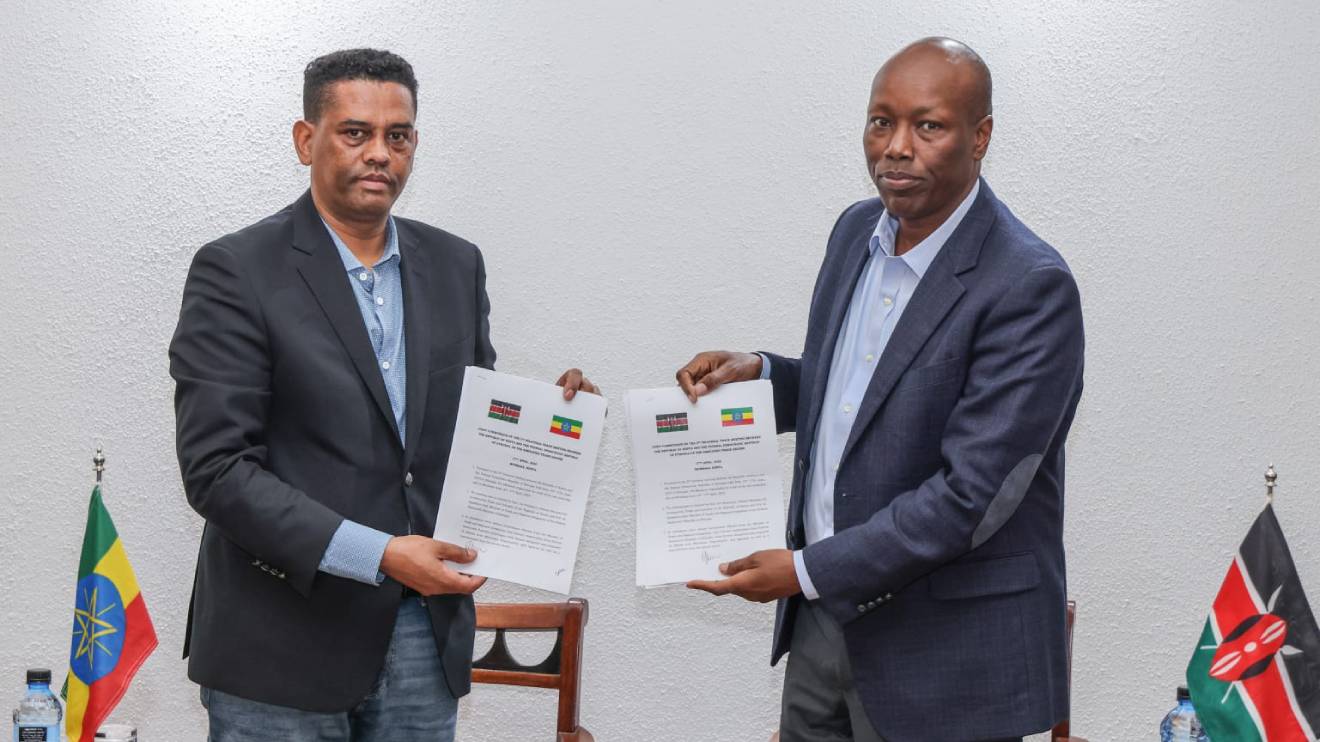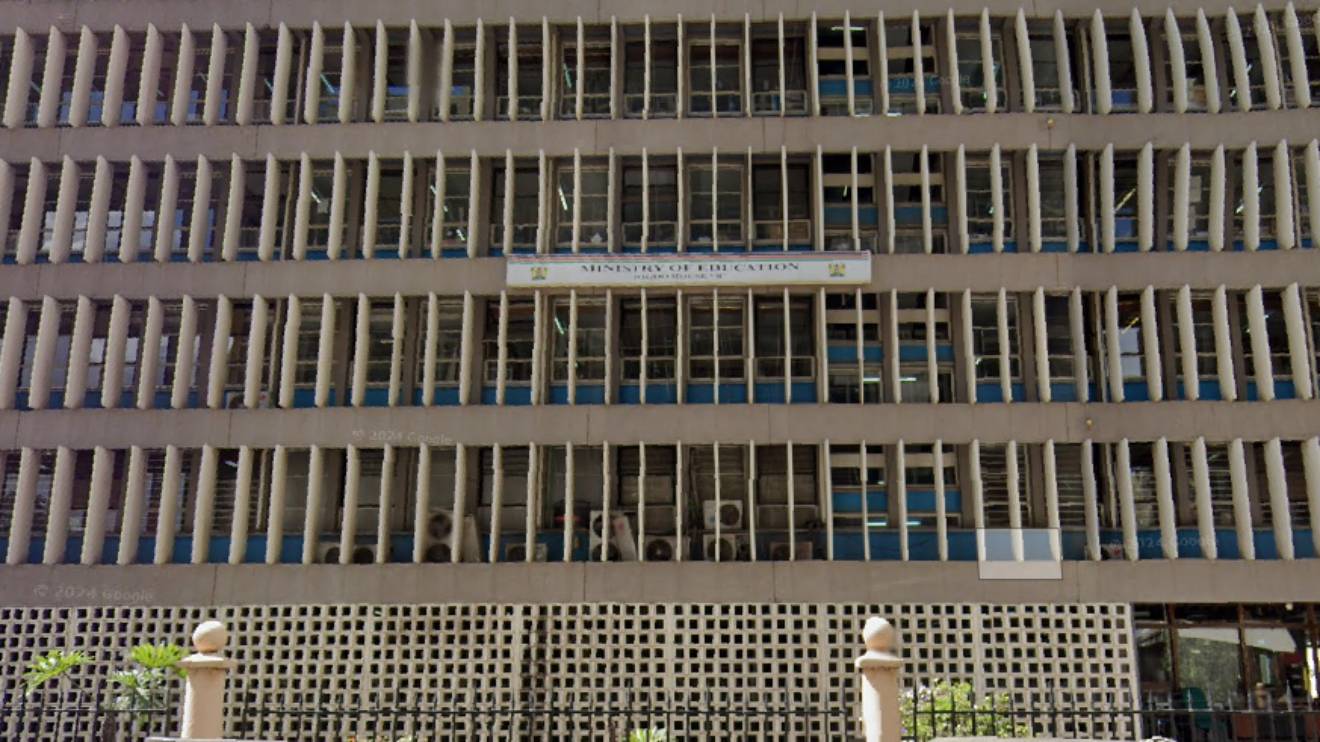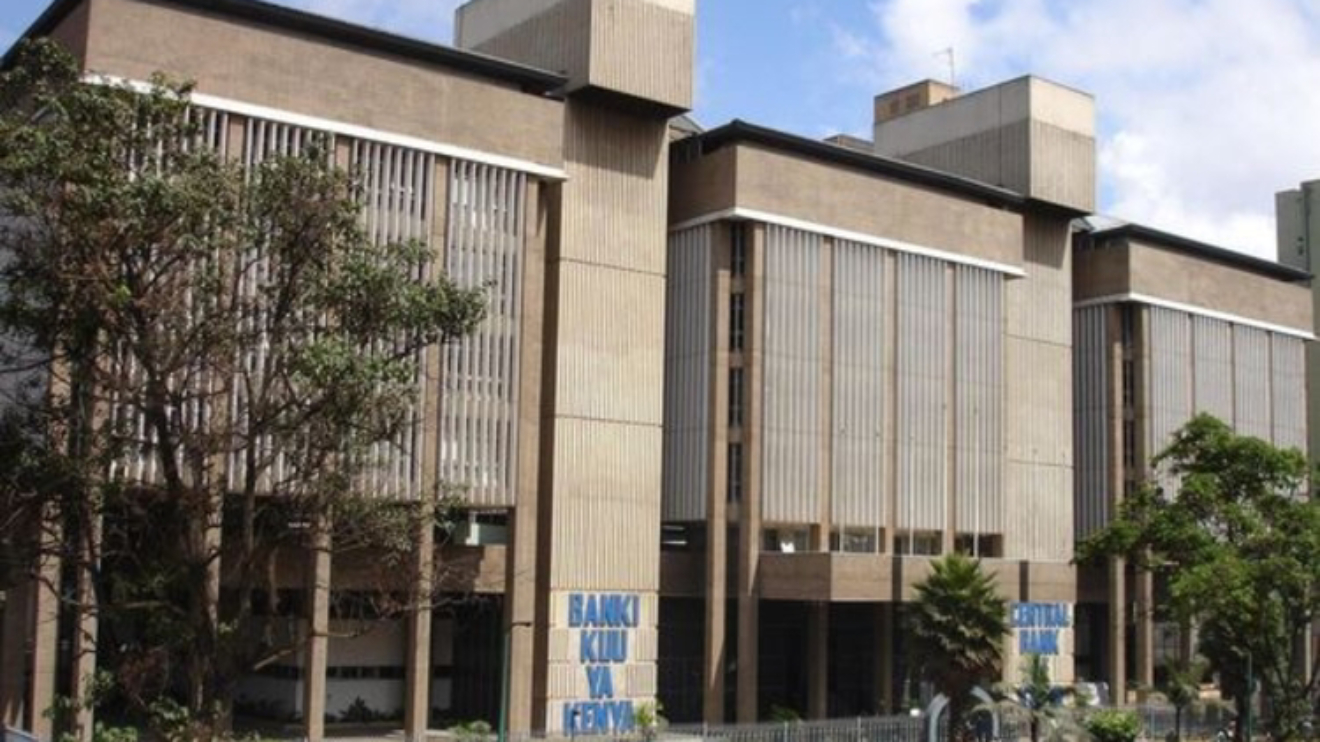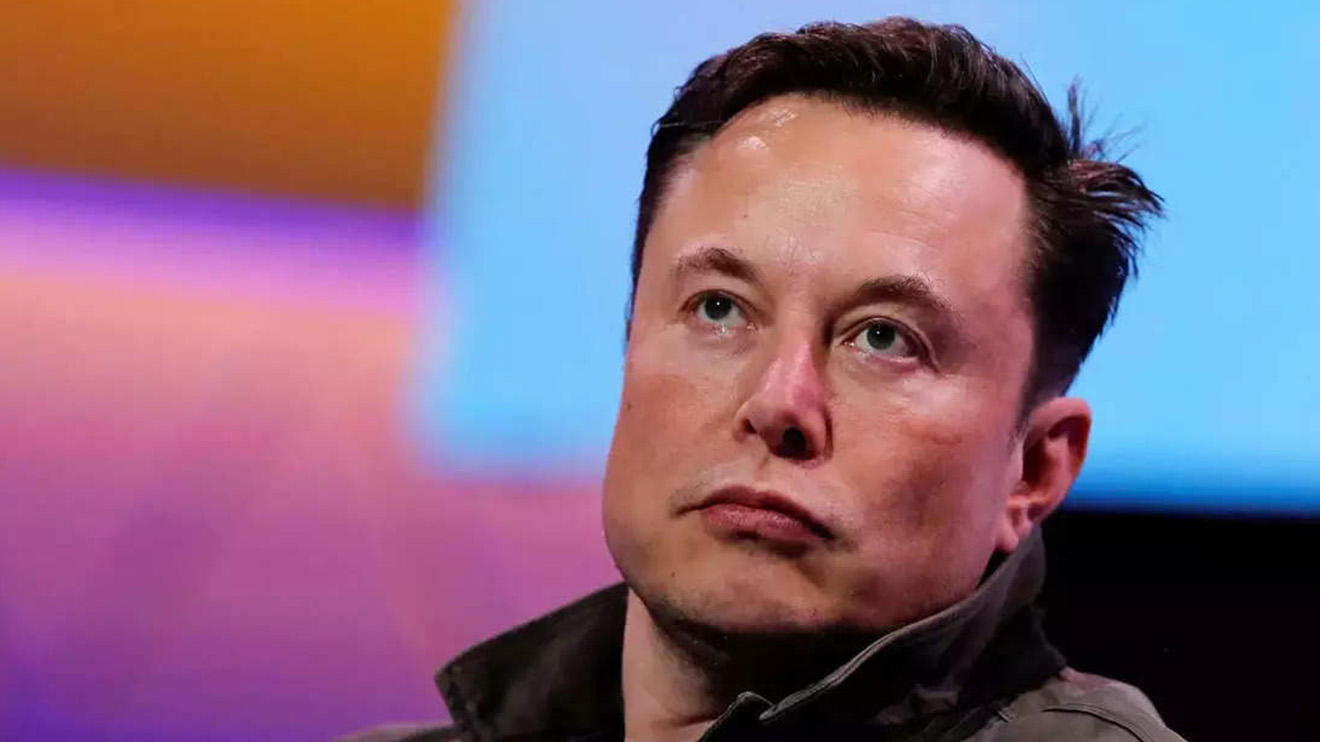President William Ruto has called for the dismantling of the decades-old global governance structure, saying the current world order—born out of the post-World War II consensus—no longer serves the interests of the Global South and risks collapse under mounting geopolitical strains.
Speaking during a public lecture at Peking University in Beijing, the President criticised the prevailing international system, asserting that the balance of power and wealth distribution established after 1945 had persistently favoured the Global North while marginalising the rest of the world.
“The ongoing trade tariff wars could signal the end of the old world order as it has existed since the end of World War II,” he said, referencing escalating economic rivalries between major global powers that have disrupted multilateral cooperation and fragmented global trade.
He contended that the financial and security systems created in the aftermath of the war entrenched inequalities and institutionalised the dominance of a few wealthy nations at the expense of emerging economies.
“The financial and security architecture that arose out of the ashes of that conflict has largely benefited the Global North at the expense of the Global South with exclusion of everyone else,” the Head of State added.
Read More
In his remarks, Ruto argued that the world must urgently reimagine its international institutions to reflect contemporary challenges and the aspirations of underrepresented nations.
“During a public lecture at Peking University in Beijing; I pressed for the urgent need to fashion a new world order, which takes cognisance of present realities,” he stated.
In particular, the President reiterated Kenya’s support for stronger South-South cooperation and deeper collaboration with China, which he described as an essential partner in driving global reforms.
“Also called for Kenya and China to continue championing the cause of Global South in international fora, especially the need to reform global institutions to be more representative and efficient,” he said.
Ruto’s address comes amid growing calls from African and Asian nations for reforms at key institutions such as the United Nations, the World Bank, and the International Monetary Fund, to ensure fairer representation and more equitable decision-making.

